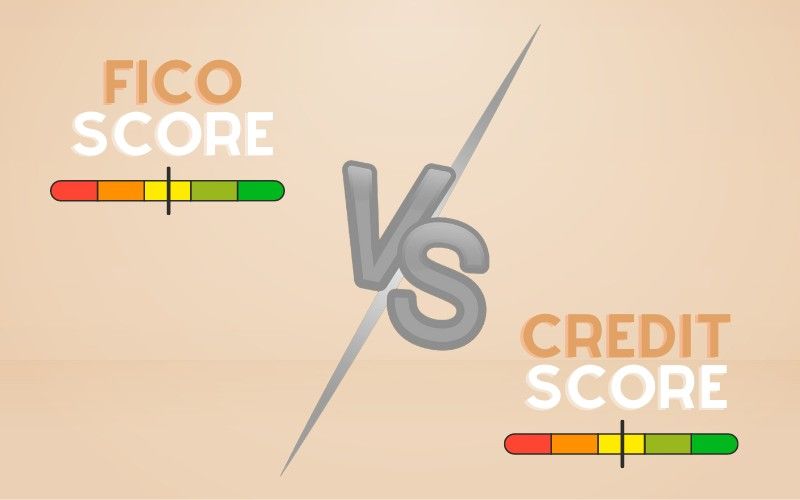Credit Score
Improving Your Credit Score
Educational Resources / Credit Score
Improving your Credit Score Tips
Improving a credit score involves a series of financial practices and habits aimed at building a positive credit history. Key steps include paying bills on time, as payment history is a significant factor in credit scoring.
It's important to avoid opening too many new credit accounts in a short period, as this can lower the average age of credit accounts. Regularly checking credit reports for errors and disputing any inaccuracies is crucial, as errors can negatively affect scores.
Additionally, using a mix of credit types responsibly and paying off outstanding debts can gradually improve a credit score. This process requires patience and discipline, as credit scores reflect credit behavior over time, not instant changes.
Understanding Your Credit Score
Factors that Affect Your Credit Score
Understanding a credit score means knowing how it's calculated and what it says about your financial health. It's a number based on your credit report from credit bureaus, reflecting your ability to pay back debts.
The score is influenced by factors like your payment history, credit utilization, length of credit history, and the mix of credit types you use. Regularly paying debts and keeping a low balance on credit lines positively affect your score.
This knowledge is essential for financial management, as a good credit score is crucial for obtaining loans and other financial products.
read more
Credit Score Challenges
Credit Score Drop and How to Recover
Credit Score Challenges encompasses the various difficulties individuals face in maintaining or improving their credit scores. These challenges often include overcoming past financial mistakes, such as late payments or defaults, which can significantly lower credit scores.
High levels of debt, especially credit card debt, and high credit utilization ratios are other common hurdles. For some, a lack of credit history or the presence of errors on credit reports can also pose challenges. These challenges can have far-reaching implications, affecting loan eligibility, interest rates, and even job prospects.
Addressing these issues typically involves disciplined financial management, such as timely bill payments, debt reduction, and regular credit report checks to ensure accuracy.
Credit Score Management and Reports
Monitor Your Credit Score
Credit Management and Reports focus on maintaining and understanding one's credit health. Key practices include timely payments, low credit utilization, and wise credit decisions to positively impact credit scores.
Credit reports, detailing credit history and debts, are essential for monitoring financial standing and identifying errors or fraud. Regular review of these reports is crucial for maintaining a good credit score. Understanding factors like credit mix, history length, and new inquiries is also important.
Effective credit management enhances overall financial health and improves access to favorable loan terms and financial opportunities.
Frequently Asked Questions
*Disclaimer: Pacific Debt Relief explicitly states that it is not a credit repair organization, and its program does not aim to improve individuals' credit scores. The information provided here is intended solely for educational purposes, aiding consumers in making informed decisions regarding credit and debt matters. The content does not constitute legal or financial advice. Pacific Debt Relief strongly advises individuals to seek the counsel of qualified professionals before undertaking any legal or financial actions.











 Do Not Sell My Personal Information
Do Not Sell My Personal Information